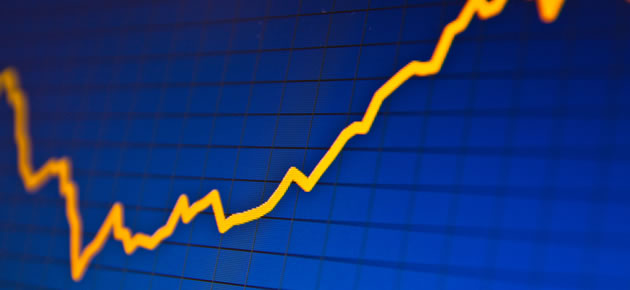As the session progressed the Euro to Pound Sterling (EUR/GBP) exchange rate declined towards its lowest level in 2-weeks as European Central Bank (ECB) policy makers increased speculation that the bank will introduce a quantitative easing programme at next weeks policy meeting.
Earlier the Euro to Pound Sterling (EUR/GBP) exchange rate briefly spiked higher before once again resuming its downward trend after economists said that concerns over weaker than forecast UK inflation data was ‘grossly exaggerated’.
Data released earlier in the session showed that UK inflation dropped to a record low of 0.5% in December as falling food and oil prices were passed onto consumers. The consumer price index compiled by the Office for National Statistics showed that inflation fell from 1% in November to its lowest rate since May 2000.
After the report was released the Pound fell against all of its major peers as the markets fretted that the UK could be following the Eurozone towards deflation and that the Bank of England will now not hike interest rates until 2016. However, as the session progressed and the markets had time to digest the data the Pound once again firmed against the single currency. The causes for the sharp fall were deemed a result of external factors such as tumbling oil prices.
‘Concerns over deflation pressures are grossly exaggerated and risk undermining business confidence. In addition, these figures show that inflation in the services sector, which accounts for some 80% of the UK economy remains persistently above 2%. The main factor, which counts for the low level of goods inflation, the fall in energy and goods prices, is positive as it boosts consumers disposable income and makes it easier for businesses to devote resources to investment,’ said David Kern, chief economist at the British Chambers of Commerce.
With prices dropping, UK wage growth is now likely to advance above inflation and assist British consumers spending power.
Despite that, expectations are now heightened that the Bank of England will not raise interest rates until 2016 at the earliest. A rate rise has not been ruled out however.
“We doubt that inflation has reached its low point yet,” said Paul Hollingsworth, economist at Capital Economics, adding that he expected inflation to hit 0.2% in the coming months and could even dip into negative territory. That said, with the Bank of England focussed on the medium term outlook for inflation, its present weakness is likely to only act as a speed limit rather than an outright roadblock to raising interest rates.”
Also weighing on the Euro was a report released early in the session, which showed that Germany’s Wholesale Price Index fell to -1% from -0.7% in December.
Euro Exchange Rates:
[table width=”100%” colwidth=”50|50|50|50|50″ colalign=”left|left|left|left|left”]
Currency, ,Currency,Rate ,
Euro, ,US Dollar,1.1792 ,
,US Dollar,1.1792 ,
Euro, ,British Pound,0.7783 ,
,British Pound,0.7783 ,
Euro, ,Australian Dollar,1.4467 ,
,Australian Dollar,1.4467 ,
Euro, ,Canadian Dollar,1.4137 ,
,Canadian Dollar,1.4137 ,
[/table]



